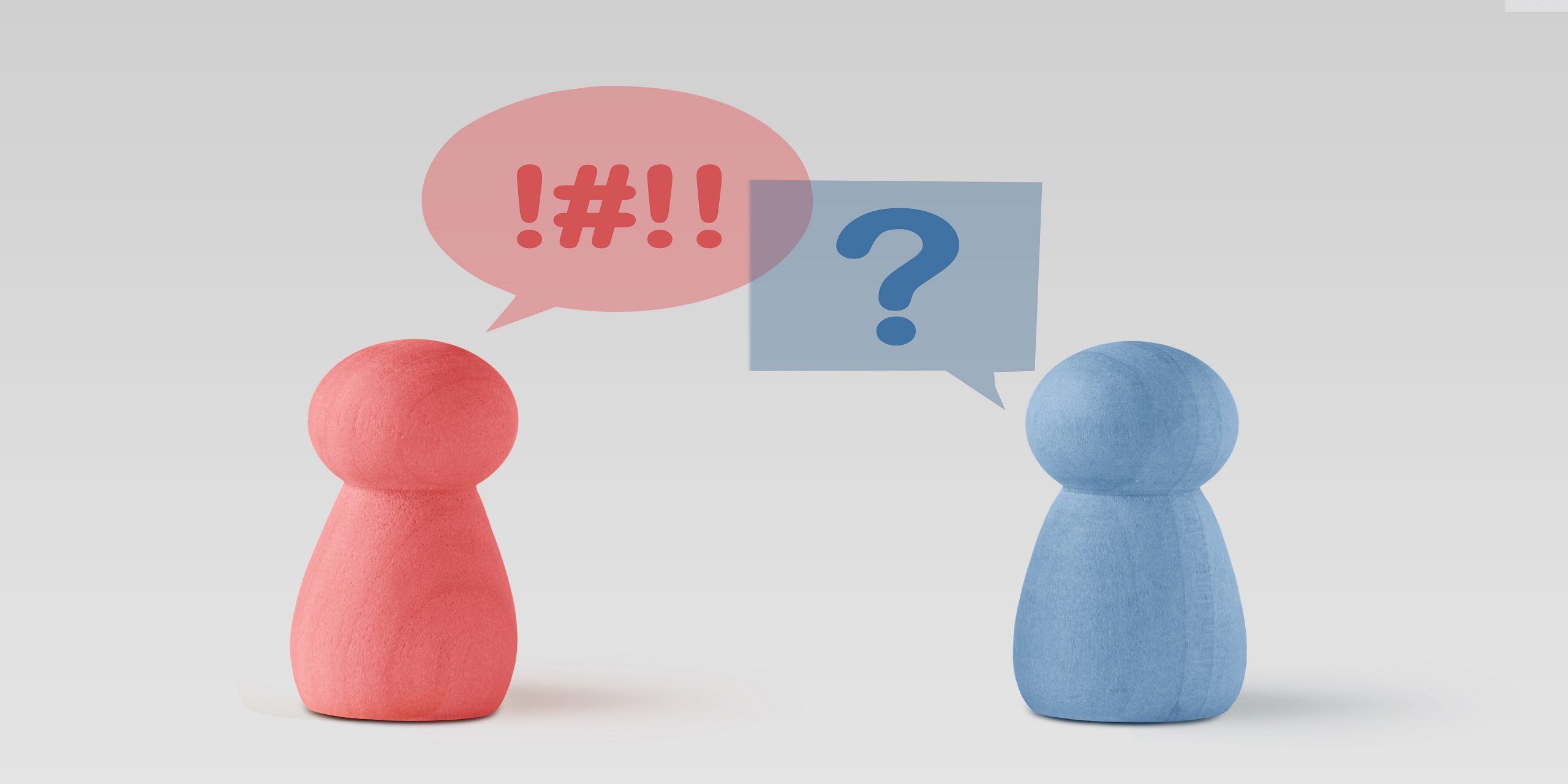Are you feeling overwhelmed by stress, anxiety, or negative thoughts? You’re not alone. Many people seek professional help to improve their mental well-being. When it comes to mental health support, two common methods often come up: Cognitive Behavioral Therapy (CBT) and Counselling. Both aim to help people deal with life’s challenges, but they do so in different ways.
Knowing these differences can help you choose the best approach for your needs. In this article, we’ll explore what makes CBT and Counselling unique, how they work, and who might benefit most from each. Whether you’re looking for help or just curious, this guide will give you a clear and simple understanding of both options.

CBT vs. Counselling: Definition
- Cognitive Behavioral Therapy (CBT):
CBT is a type of therapy that helps people change negative thought patterns and behaviours. It’s based on the idea that our thoughts, feelings, and actions are all connected. By changing negative thoughts and behaviours, we can feel better emotionally. CBT is usually short-term and is used to treat things like anxiety, depression, and phobias. In CBT, the therapist and client set goals and work together to solve specific problems.
- Counselling:
Counselling is a broad term for different types of talking therapies. It offers a safe, confidential space to talk about your feelings, thoughts, and experiences with a trained professional. Counselling is often more flexible and open-ended than CBT, letting you explore your issues at your own pace. The focus is on providing support and understanding, helping you gain insight into your problems and find ways to cope. Counselling can help with many issues, such as relationship problems, stress, and emotional difficulties.
Differences between CBT and counselling
CBT (Cognitive Behavioural Therapy) and counselling are forms of talk therapy. They take distinct approaches to addressing your mental health concerns. Here are some differences to help you understand which might be a better fit for you:
Focus:
- CBT: CBT focuses on identifying and changing negative thought patterns that contribute to your current struggles. You’ll learn practical skills to manage your emotions and cope with challenges in a healthier way. This might involve techniques like cognitive reframing or exposure therapy to build resilience. CBT therapists often assign homework exercises to help you practice these skills in daily life.
- Counselling: It can provide a safe space for exploration. Counsellors listen and guide you in exploring your thoughts, feelings, and experiences. This can involve looking back at past experiences to understand how they might be influencing your present. Through this exploration, you gain self-awareness and develop coping mechanisms for navigating difficult situations. Techniques used in counselling can vary depending on the therapist’s approach but might include active listening, reflection, and open-ended questioning.
Duration:
- CBT: This is typically shorter-term, with a solution-oriented approach. The focus is on achieving specific goals within a set timeframe, often ranging from 10-20 sessions.
- Counselling: This can be short-term or long-term, depending on your needs and goals. It can be an ongoing process for personal growth and development.
Suitability:
- CBT: CBT Excels at addressing specific mental health conditions. It’s a proven treatment for anxiety, depression, phobias, eating disorders, and anger management.
- Counselling: Mainly, it can address a broader range of issues. It can be helpful for managing stress, coping with grief, navigating relationship problems, and building self-esteem.
Techniques:
- CBT: It will use specific techniques like cognitive restructuring, exposure therapy, and behavioural experiments to change thinking patterns and behaviours.
- Counselling: Counselling can be implemented with a variety of talking and listening techniques to help clients explore their feelings and experiences. The approach can be more conversational and less structured.
Goals:
- CBT: Generally, it aims to solve specific problems and develop concrete skills to manage and reduce symptoms.
- Counselling: Counselling aims to provide a space for clients to talk about their issues, gain insight, and develop a better understanding of themselves.
CBT vs. Counselling: Choosing the right type of therapy
When deciding between Cognitive Behavioral Therapy (CBT) and Counselling, it’s important to consider your specific needs and preferences. Both approaches have their strengths, and the right choice depends on your goals and the issues you face.

Identify Your Goals:
- CBT: If you have specific problems you want to solve, like reducing anxiety or overcoming depression, CBT might be the best choice. Its structured approach and goal-oriented nature can help you develop practical skills and strategies.
- Counselling: If you’re looking for a space to explore your feelings, and understand yourself better, counselling might be more suitable. It provides a supportive environment to talk about whatever is on your mind.
Consider the Duration:
- CBT: Typically short-term, making it a good option if you want to see results relatively quickly. It’s designed to address specific issues in a set number of sessions.
- Counselling: This can be either short-term or long-term, depending on your needs. If you’re dealing with complex issues or prefer ongoing support, counselling can offer more flexibility.
Think About Your Preferred Style:
- CBT: If you like a structured, hands-on approach with clear goals and tasks to complete between sessions, CBT may be more appealing.
- Counselling: If you prefer a more relaxed, open-ended conversation where you can explore topics as they arise, counselling might be a better fit.
Assess the Nature of Your Issues:
- CBT: Particularly effective for issues that involve specific thought patterns and behaviours, such as anxiety disorders, depression, and phobias.
- Counselling: Well-suited for addressing a wide range of emotional and relational issues, including stress, grief, and relationship problems.
Seek Professional Advice:
- If you’re unsure which approach is right for you, consider speaking with a mental health professional. They can help you understand the benefits of each type of therapy and recommend the best fit based on your individual situation.
Ultimately, both CBT and counselling can provide valuable support. The key is to choose the one that aligns best with your needs, preferences, and goals. By understanding the differences and considering your unique circumstances, you can make an informed decision and take a positive step towards improving your mental health.
Conclusion
Choosing between Cognitive Behavioral Therapy (CBT) and Counselling depends on what you need and want from therapy.
CBT is structured and goal-oriented, focusing on changing negative thoughts and behaviours. It works well for specific issues like anxiety and depression.
Counselling offers a more flexible and supportive environment where you can talk about your feelings and experiences at your own pace. It’s great for a wide range of emotional and relationship problems.
Understanding these differences can help you decide which therapy is best for you. Whether you prefer the practical approach of CBT or the open-ended nature of Counselling, picking the right one can help you improve your mental health and well-being.



